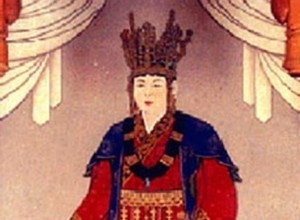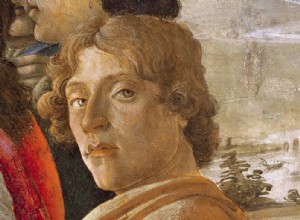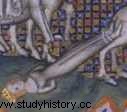Queen Seondeok (hangul:선덕여왕) ruled the Silla Kingdom, one of the three historical kingdoms of Korea, in the 7th century. Twenty-seventh sovereign of the kingdom, she is its first queen. During her reign, she encouraged arts and culture. The Estate Princess Deokman, first or second of King Jinpyeon




